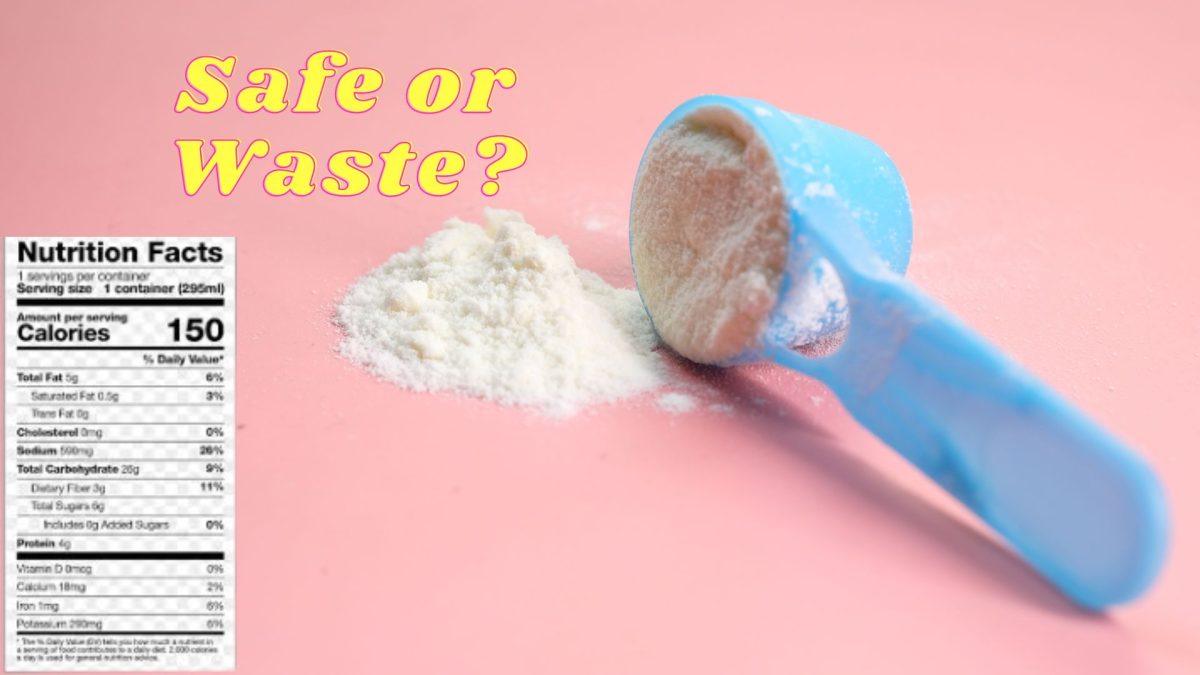A recent trend has risen with the sale of powdered drink mixes marketed as toddler milk for older babies and children up to three, advertisers claiming it can fill “nutritional gaps” and boost kids’ brains and immune systems. A group known as the American Academy of Pediatrics refutes these claims, saying there is no factual evidence behind them and stating it is doing the opposite of company claims. These new powdered milk products are just becoming another gateway into unhealthy nutrition habits as they age.
Let’s make it clear that these products are not the same as formula meant for infants. It is, however, made by the same companies more often than not. One of the major differences is that formula is regulated by the U.S Food and Drug Administration meaning they must meet certain requirements and the facilities they are manufactured in must be regularly inspected. Due to the fact toddler milk is considered an entirely different product, it is not yet federally mandated to meet certain standards.
The lack of a standard for the toddler milk is one of the reasons experts are concerned about its sale. This means ingredients vary widely but most contain added sugar, which with it being targeted toward kids at an age where it’s easy to develop a sugar obsession leads some to say it brings concerns about encouraging bad health habits early. They also are more expensive than cow’s milk while having fewer benefits on a child’s health according to a Dr. Fuchs from the University of Kentucky, a pediatrics professor.
The AAP wants more people to become educated on toddler milk which they stated “has no specific role in routine care of healthy children.” The group is requesting there be requirements put in place to ensure the products are not only federally regulated but not linked to regulated infant formula nor sold by formula products. They did put in a petition to the FDA in 2020 about the issue, but the agency is still reviewing the request.
What the pediatricians of the group are recommending families rely on rather than the toddler milk, even though 60% of families report they thought the product was beneficial to their toddlers, is traditional recommendations. Examples include things like fortified grains, cow’s milk, proteins, fruits and vegetables. They tell caregivers to tell their pediatricians if they still have concerns about nutrition without the powdered product, as some children simply need extra assistance in that area. The toddler milk product overall is not considered safe or healthy for children by professionals, and they are here to warn caregivers of the risk whilst aiming to regulate the product.















Veronica L Burns • Nov 2, 2023 at 2:27 PM
Great story.